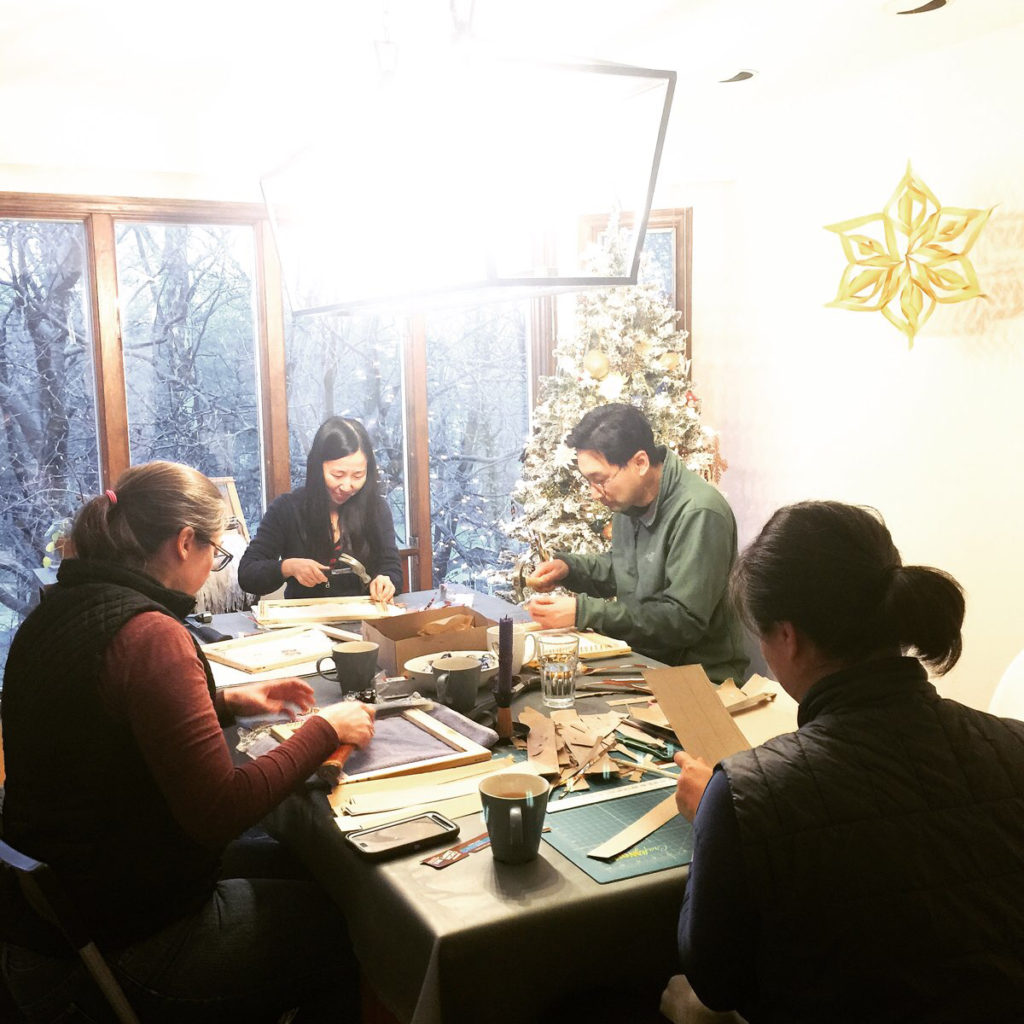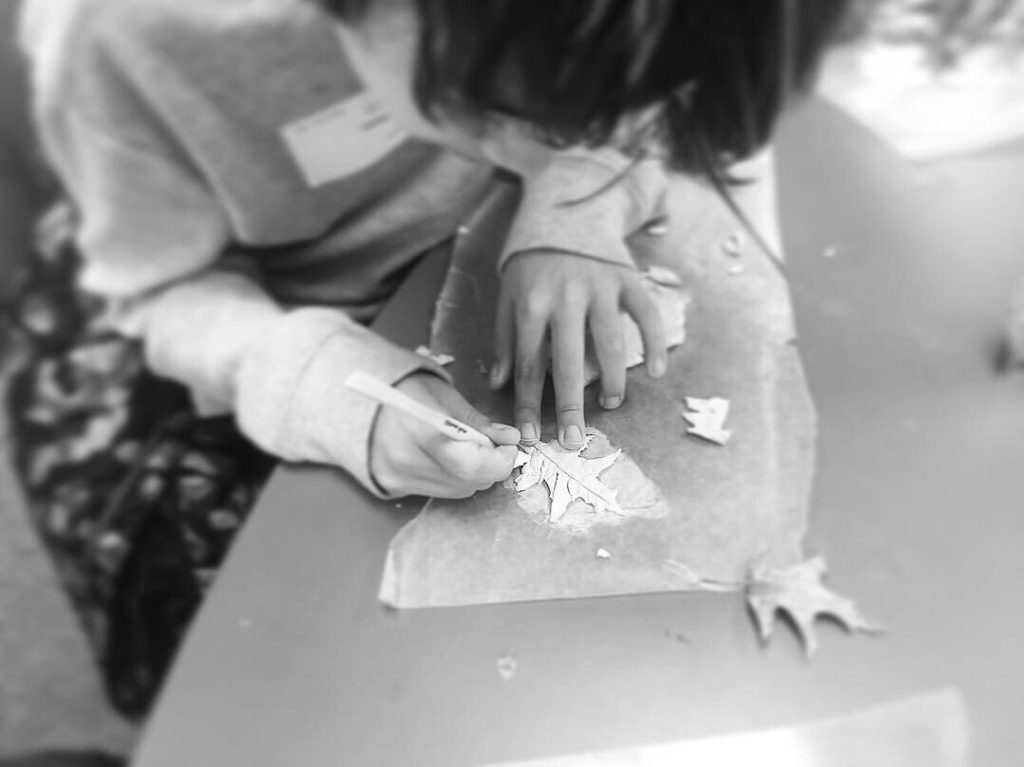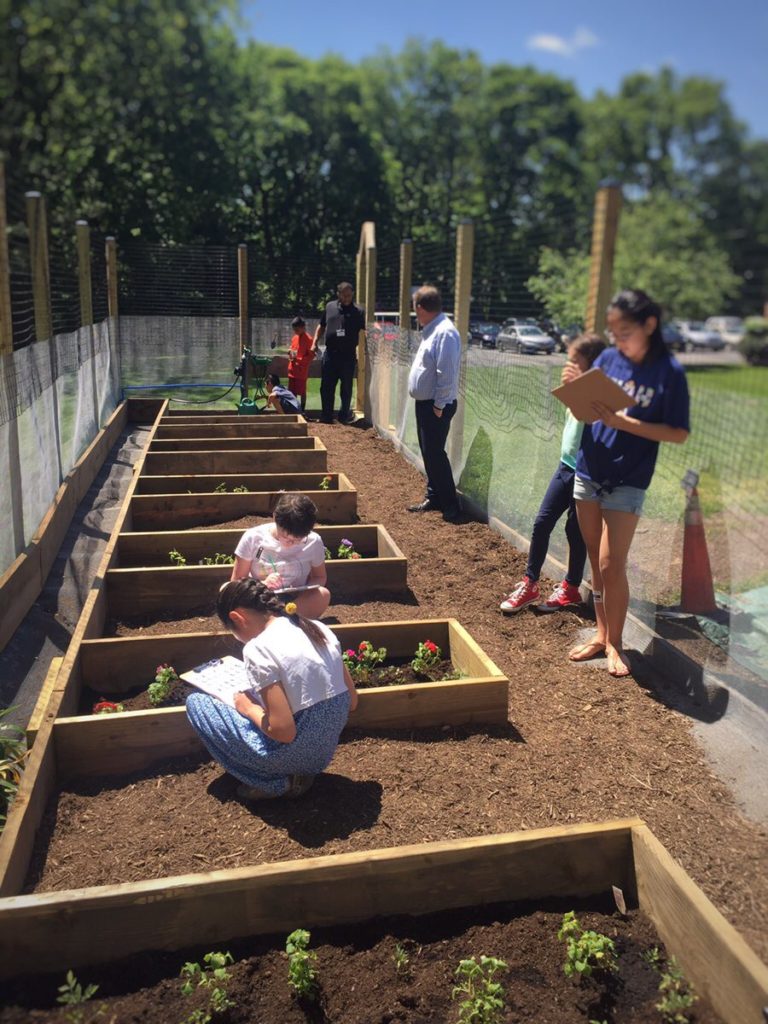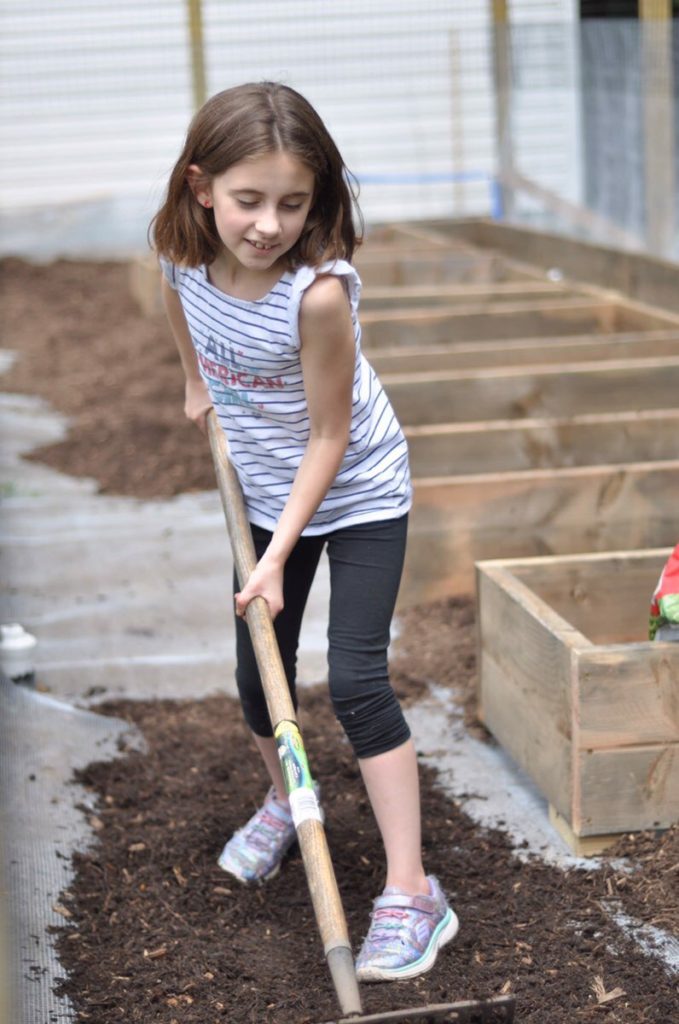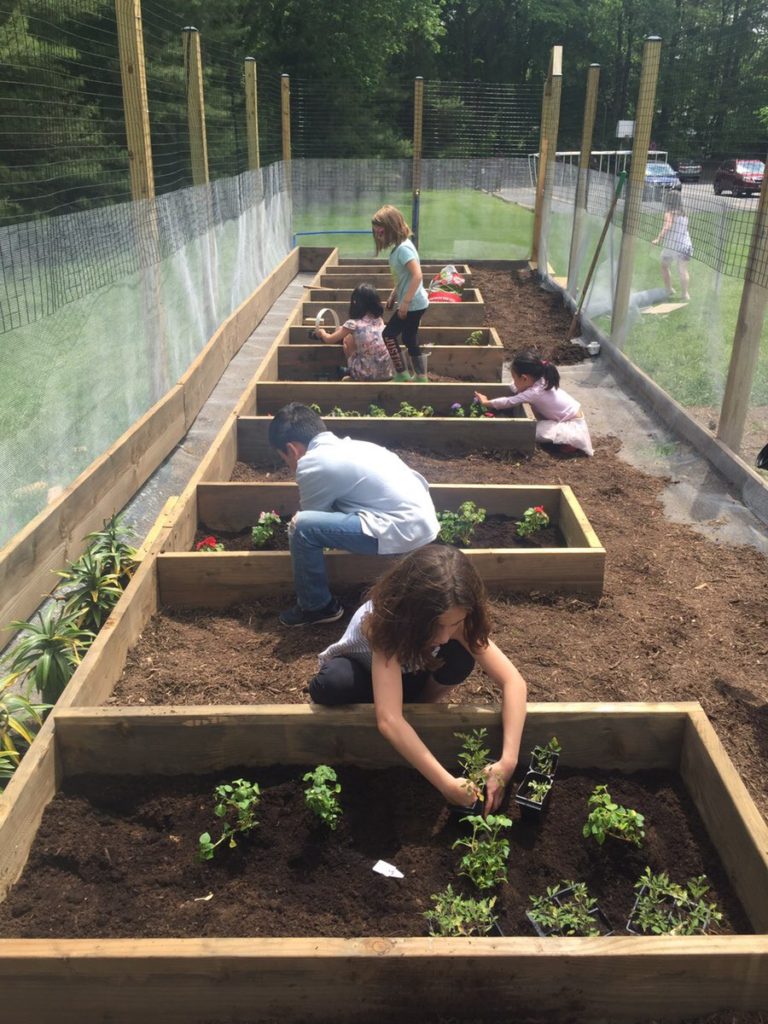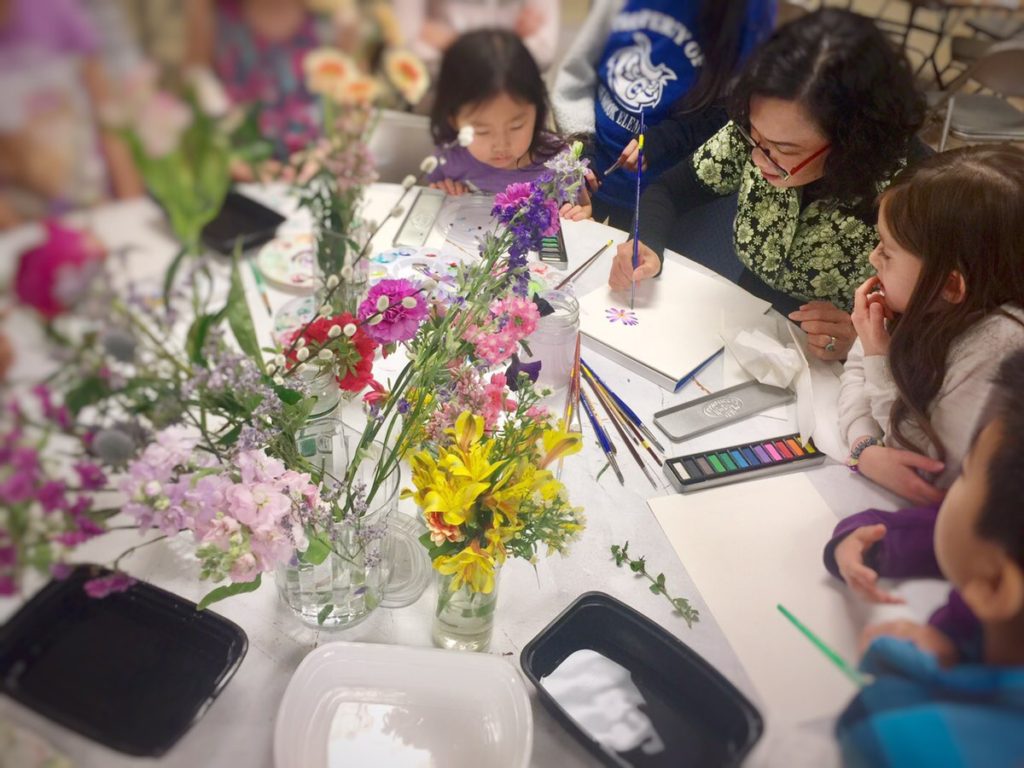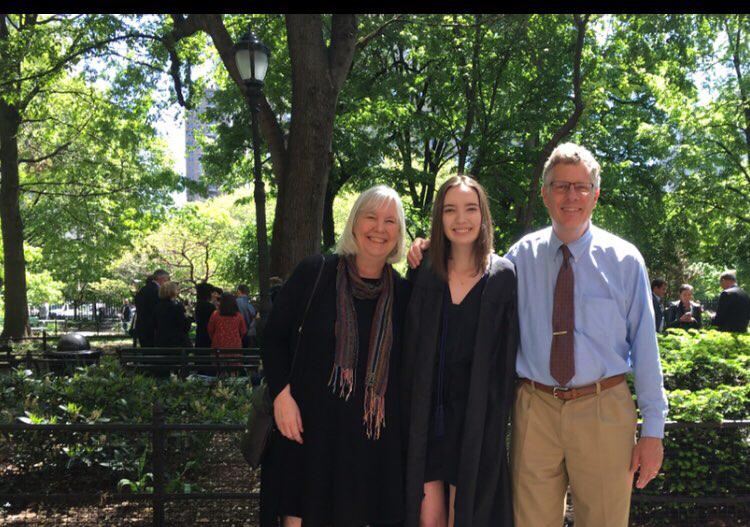
This week’s immersion lesson demonstrates the use of “map questions,” in the geography lesson. We know that maps are important, but in what way were maps utilized in the lesson? What sorts of questions were presented to the student in the regular map questions lesson and what about that puzzling “10-minute map exercise” lesson.
Listen Now:
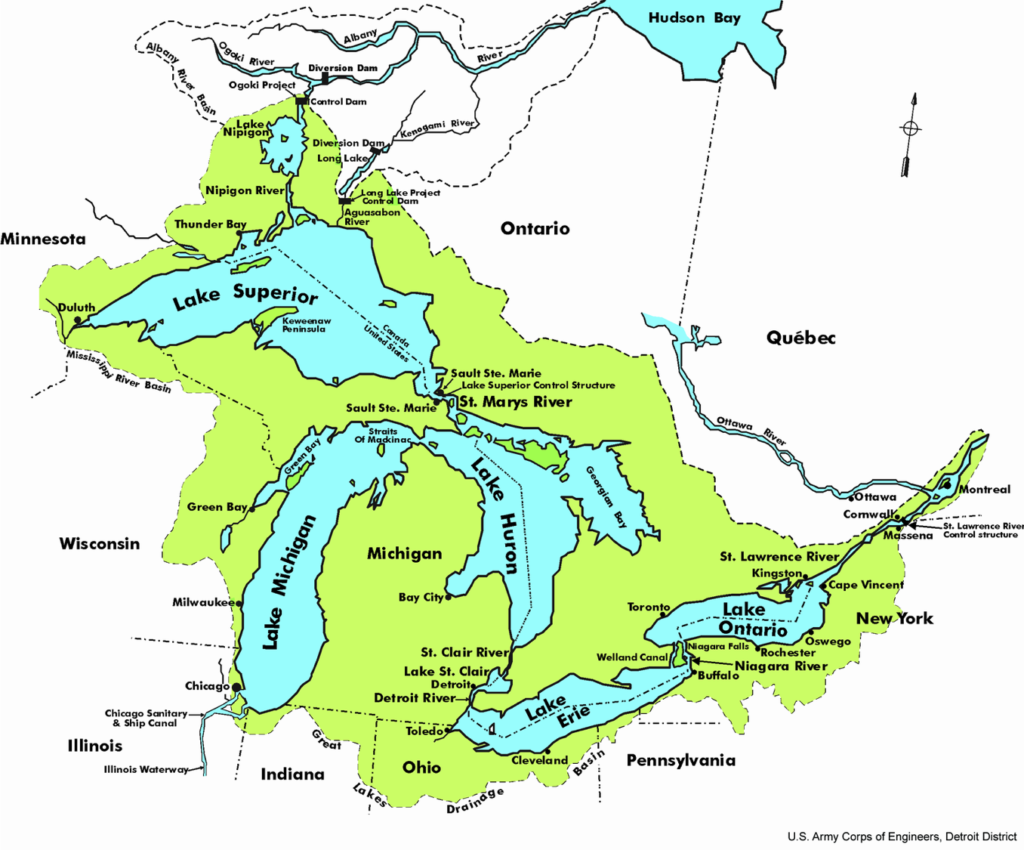
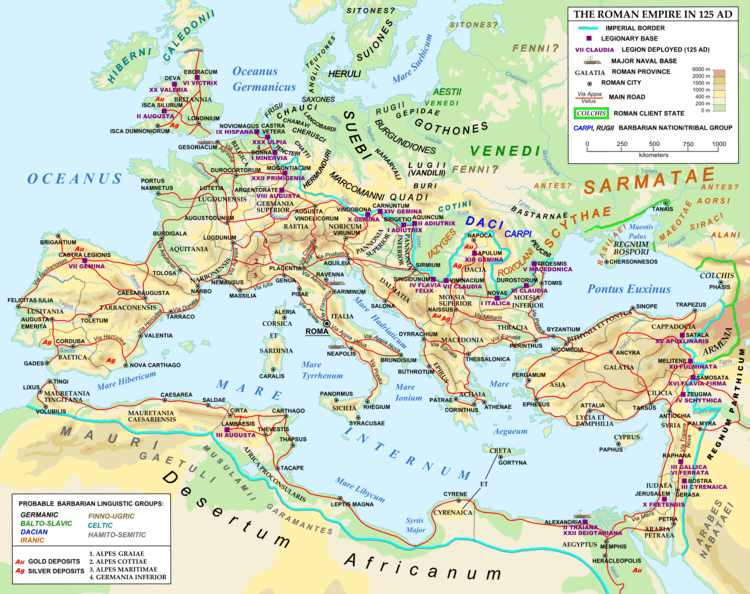

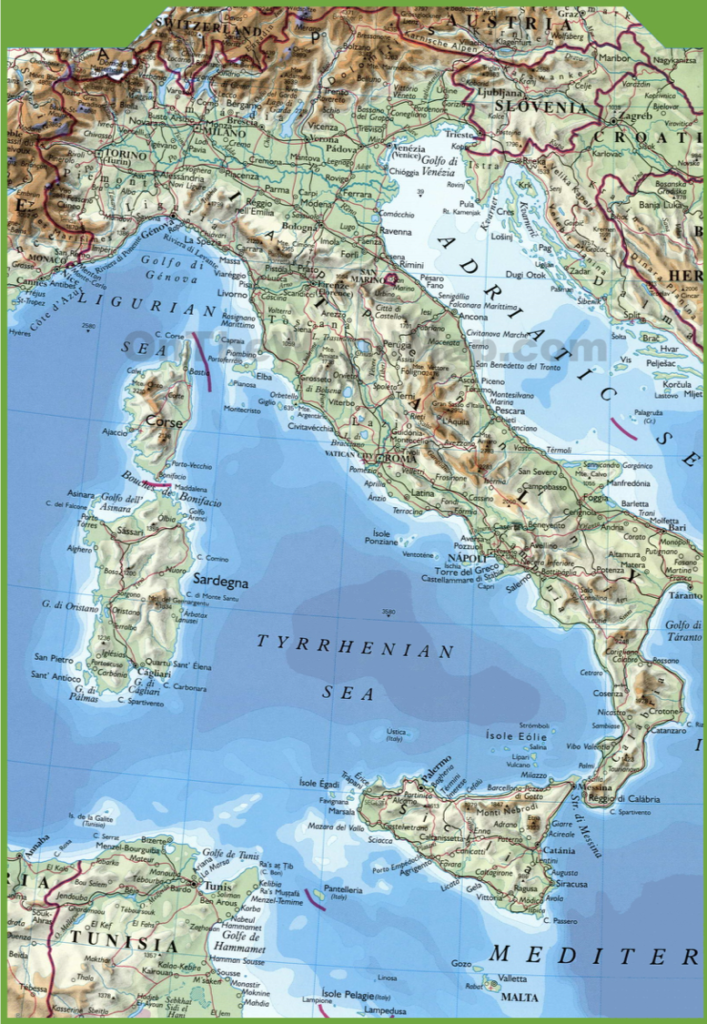

“Great attention is paid to map work; that is, before reading a lesson children have found the places mentioned in that lesson on a map and know where they are, relatively to other places, to given parallels, meridians. Then, bearing in mind that children do not generalise but must learn by particulars, they read and picture to themselves…” the material from the reading. (6/224-225)
“The effect of abundant map study is obvious. In answering questions without the open atlas a scholar must rely on his powers of visualizing a particular map, a very important acquirement.” (CM Book 5)
“The last lesson was a quick ten minutes’ practice on the map. ”South America” was shown and the questions were all on the once famous Inca Empire, which had incidentally come into the morning’s “General History” as a Spanish possession. Following in their own atlases, the children found the countries it had included and its boundaries; then the parallels of latitude and the parts of other continents that lay between the same. From this and from a consideration of the position and direction of the “Andes” they deduced a few facts about the climate—at this point I read from “Pole to Pole” a short descriptive passage of the characteristics of the scenery. Next they found the four highest volcanoes and two of the chief towns. Then, after a few minutes in which to look at and memorise these places, the children shut their atlases and answered such questions as, “What are the boundaries of Ecuador?” “Which volcano lies directly south of Quito ?” etc. The idea underlying such a lesson is, that it should be rapid oral work, to familiarise the pupils with maps, and must not be confused with the infinitely fuller and more detailed Geography lessons.” (Frost, PR26/573)

Charlotte Mason Geography Across the Forms Document with links to her Geography Readers






